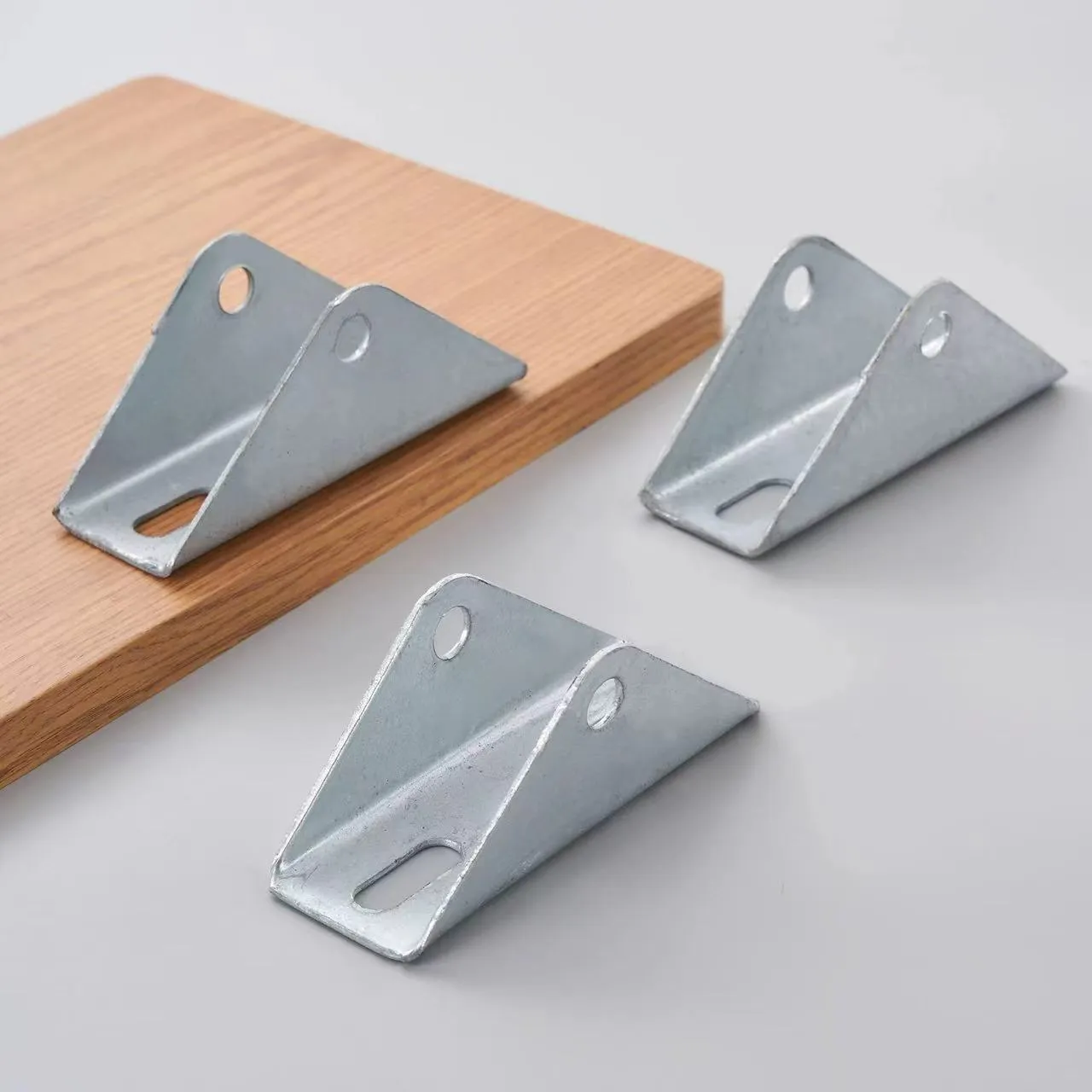

types of self tapping screw
Nov . 16, 2024 03:49 Back to list
types of self tapping screw
Types of Self-Tapping Screws A Comprehensive Guide
Self-tapping screws are a fundamental component in various applications, ranging from construction and automotive to electronics and woodworking. Their unique design enables them to create their own hole while being driven into materials, which eliminates the need for pre-drilling in many scenarios. This convenient feature makes them especially popular among DIY enthusiasts and professionals alike. In this article, we will explore the different types of self-tapping screws, their applications, and tips for choosing the right one for your project.
Understanding Self-Tapping Screws
Self-tapping screws are characterized by their ability to tap their own threads into materials. They usually come with a sharp point and various thread designs, allowing them to securely fasten materials together without requiring a nut or a pre-formed hole. These screws can be made from various materials, including stainless steel, carbon steel, and plastic, providing options for different environmental conditions and strength requirements.
Types of Self-Tapping Screws
1. Thread-Cutting Screws Thread-cutting screws, also known as self-threading screws, are designed for use in softer materials such as wood, plastic, and thin metal. These screws have a sharp cutting point and cutting threads that effectively create their own path in the material. They are often used in applications where a secure hold is essential, but the material cannot withstand the force of drilling.
2. Self-Drilling Screws Self-drilling screws come with a drill bit tip, allowing them to penetrate harder materials, including metal and heavy-duty plastics, without the need for pre-drilling. This feature makes them ideal for construction and metalworking projects. They are often used for steel-to-steel applications and are sometimes referred to as “Tek screws,” named after a brand that popularized their use.
3. Sheet Metal Screws As the name suggests, sheet metal screws are specifically designed for fastening sheet metal components together. They typically have a sharp point and coarse threads, which help them secure tightly into metal without the risk of stripping. These screws are commonly used in HVAC systems, automotive applications, and electronic enclosures.
4. Wood Screws Wood screws are a type of self-tapping screw specifically designed for use with wood. They feature deep and wide threads that provide strong grip and holding power in wooden substrates. The screw’s pointed tip helps it to penetrate the wood easily. These screws are prevalent in furniture making and cabinetry.
types of self tapping screw

5. Plastics Screws These self-tapping screws are versatile and can be used in applications that involve plastic materials. They often incorporate a design that minimizes the risk of splitting the plastic and ensures a tight bond. The threads may be designed to suit specific types of plastics, ensuring that they perform well in various conditions.
Choosing the Right Self-Tapping Screw
When selecting self-tapping screws for your project, consider the following factors
- Material Compatibility Ensure that the screw material is compatible with the materials you intend to join. For instance, use stainless steel screws for outdoor applications to prevent rust and corrosion, while opting for carbon steel for indoor woodwork.
- Thread Design Select the thread design based on the material. Coarse threads are more suitable for softer materials, while fine threads offer better engagement in harder materials.
- Screw Length The length of the screw should be sufficient to secure the materials together without excessive protrusion. Measure the thickness of the materials first to determine the appropriate length.
- Head Type Different head types (e.g., Phillips, slotted, hex) can affect installation ease and the overall look of the project. Choose a head style that suits your tools and design preference.
Conclusion
Self-tapping screws are integral to many construction and DIY projects due to their ease of use and versatility. By understanding the various types available, you can select the right one for your specific application, ensuring a strong and reliable fastening solution. Whether you are assembling furniture, building a deck, or working on a craft project, the right self-tapping screw can make all the difference in the quality and durability of your work.
Latest news
-
Premium Self Tapping Metal Screws: Strong & Easy Install
NewsAug.02,2025
-
Premium Fasteners Manufacturer | AI-Driven Solutions
NewsAug.01,2025
-
Hot Dip Galvanized Bolts - Hebei Longze | High Strength, Corrosion Resistance
NewsAug.01,2025
-
High-Strength Hot Dip Galvanized Bolts - LongZe | Corrosion Resistance, Custom Sizes
NewsAug.01,2025
-
Best Self Tapping Screws for Drywall - Fast & Secure Installation
NewsJul.31,2025
-
High-Strength Hot Dip Galvanized Bolts-Hebei Longze|Corrosion Resistance&Customization
NewsJul.31,2025

